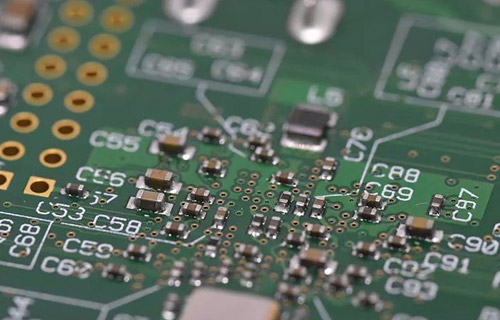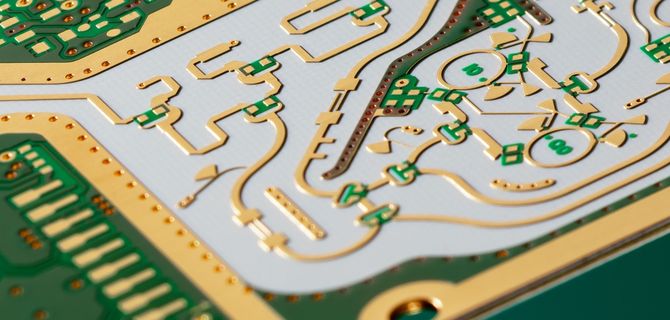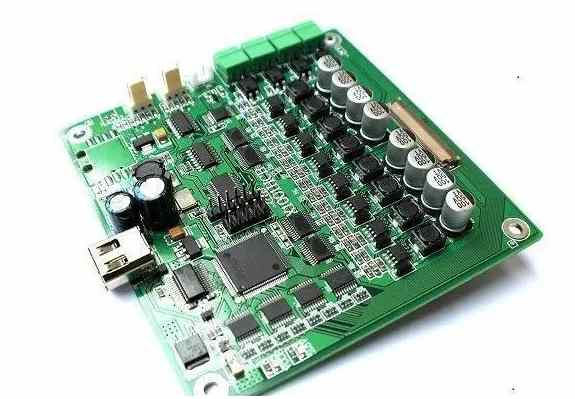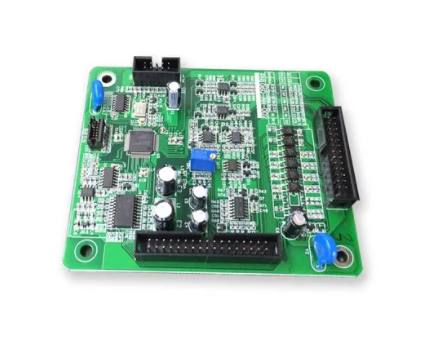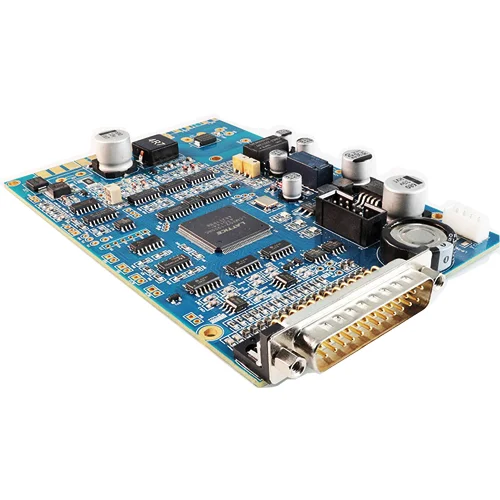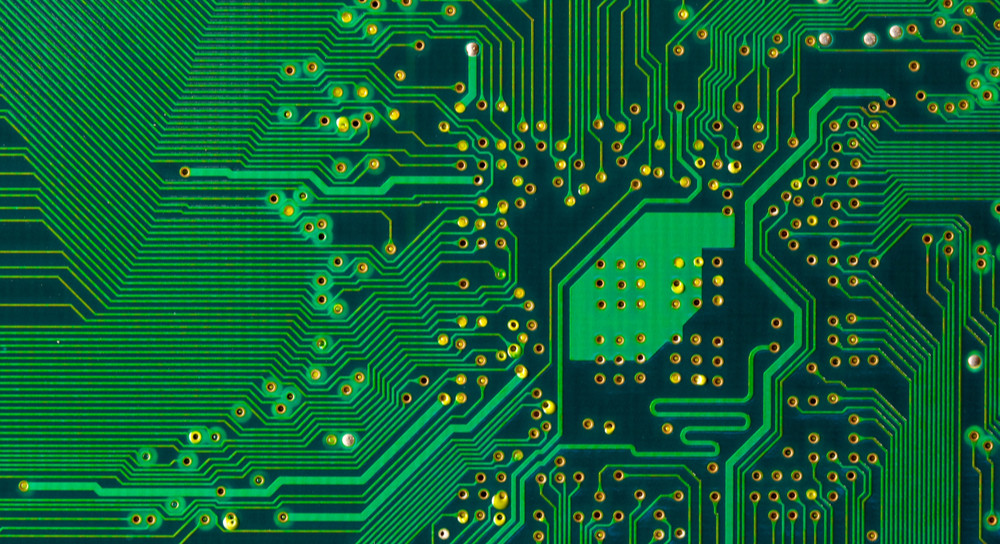
The Great Influence of PCB Assembly Mechanism
The accuracy of reducing the influence of moisture on any type of printed circuit board From data fusion, PCB layout, prototype design, PCB engineering, assembly to packaging and order delivery, attention should be paid to the influence of moisture on PCB manufacturing to avoid PCB function damage and other problems In addition, let's have a deep understanding of the important measures to control the humidity level during the laminating process, the control of PCB components and the control of storage, packaging and transportation
What factors affect PCB assembly mechanism
Rigid/flexible printed circuit board assemblies, cable bundles, boxed assemblies or harness PCB assemblies are made of various types of materials, which fully meet the requirements of the powerful mechanical and electrical efficiency of electronic products used in all major industries in the world. It requires high frequency, low impedance, compactness, durability, high tensile strength, low weight, multi-function, temperature control or moisture resistance. PCB can be divided into single layer, double layer or multi-layer according to the complexity of the circuit. Among all the serious problems that should be noticed at the beginning of PCB manufacturing, humidity or humidity is the main factor causing electronic and mechanical failures in PCB operation.
How does damp bring great trouble to PCB?
Because it exists in epoxy glass prepreg, it diffuses in PCB during storage, and when absorbed, moisture can form various defects in PCB components. The wet processing time in the PCB manufacturing process exists in microcracks, or can form a home in the resin interface. Since the high temperature and vapor pressure are parallel to the lead-free mechanism in the PCB assembly, this may cause moisture absorption.
Circuit board
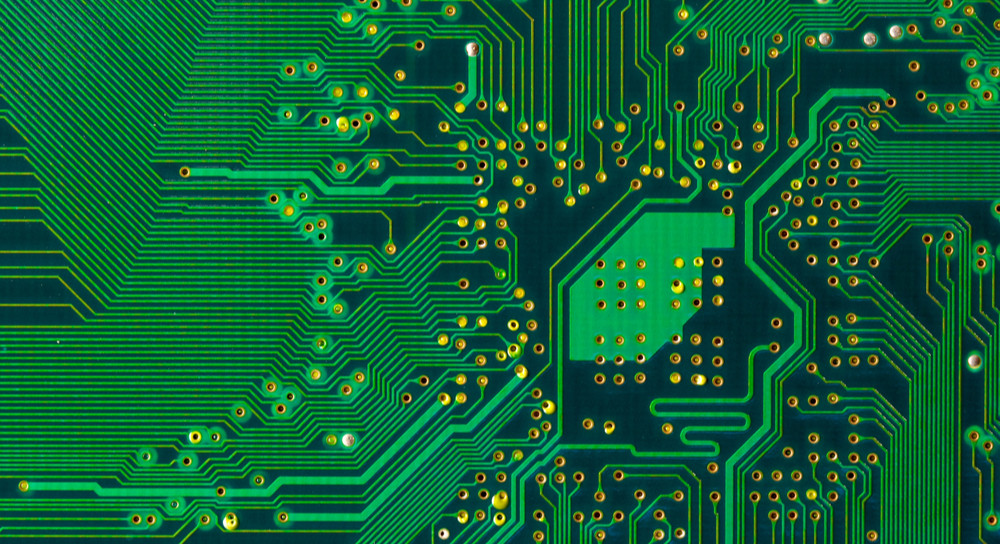
Due to the failure of adhesives and stickiness in printed circuit boards, delamination or cracking will occur, and moisture will make it possible for metals to migrate, resulting in a low impedance path of dimensional stability changes. With the decrease of glass transition temperature, the increase of dielectric constant and other technological damage, the switching speed of the circuit will be reduced and the propagation delay will be increased.
The main effect of moisture in PCB is to reduce the quality of metallization, lamination, solder resistance and PCB manufacturing process. Due to the influence of moisture, the limit of thermal stress becomes too high with the decrease of glass transition temperature. Sometimes it will lead to serious short circuit, which will lead to moisture entering and lead to ionic corrosion. Other common characteristics of moisture absorption in printed circuit board assemblies include flame retardancy or delamination, new (DF) dissipation factor and (DK) dielectric constant, thermal stress on plated through-hole, and copper oxidation.
Method of reducing moisture in air PCB manufacturing:
Whether simple or complex technologies are used in PCB manufacturing, many operations in PCB engineering require wet treatment and removal of residual moisture. Raw materials used in PCB manufacturing need to be protected during storage, handling and PCB assembly. The following is a short guide to implementing control at each stage of PCB operation:
1. Lamination
Lamination is a dehydration step in PCB manufacturing because the core and prepreg are stacked together to bond the layers into the laminate. The main control factors in the laminating process are temperature, time used and heating rate. Sometimes, when the dryness is low, measures will be taken to reduce the vacuum to reduce the possibility of attracting internal voids to absorb water. In this way, gloves can be used to control the moisture level when handling prepreg. This reduces cross contamination. The non corrosive humidity instruction card shall be flexible to consider the humidity level when required. Laminates should have a short cleaning cycle and be stored effectively in a controlled environment, which helps prevent water pockets from forming in the laminate.
2. Post lamination process and PCB assembly
After drilling holes in PCB manufacturing, photographic imaging and etching operations, the moisture absorption rate captured in the wet process is higher. Screen printing curing and solder mask baking are the processing steps to eliminate moisture. This is more effective in reducing moisture absorption levels by minimizing the holding time interval between steps and even being keen on managing storage conditions. By ensuring that the PCB is sufficiently dry in the early stages of PCB lamination, it helps to reduce baking operations after lamination. In addition, high-quality surface treatment is used to prevent cracks during drilling, and the moisture of residues is removed by baking before the hot air solder leveling process. Baking time shall consider the determination level of water content, complexity of PCB manufacturing, PCB surface treatment and sufficient thickness required for the circuit board.
Therefore, it is important to know the latest situation of the impact of soil moisture on PCB manufacturing to avoid failures, damage and short circuits on PCB, and increase rework costs Now, researchers are about to launch more advanced solutions, using environment-friendly PCB technology to control the moisture element in the following steps: PCB manufacturing, thus saving time, energy and cost


